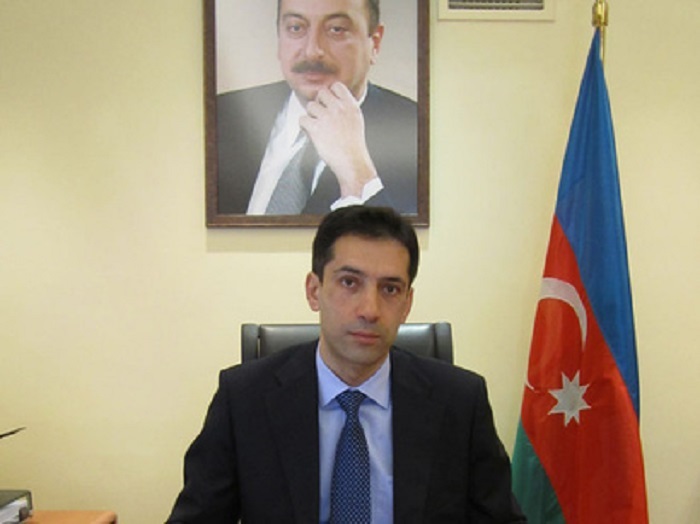Mustafayev said that the creation of the Southern gas corridor and the beginning of implementation of Trans Adriatic Pipeline project will enhance the energy security of the whole South-Eastern Europe and will lead to the development of the regional countries` economies.
"Economic development will create conditions for the development of bilateral economic relations between those countries, including Azerbaijan," said the envoy.
Mustafayev noted that Azerbaijan`s state oil company SOCAR actively supports the involvement of Greek companies at all stages of the TAP`s construction in Greece, for example, in the supply of pipes, construction of compressor stations and others.
"The total value of these contracts exceeds 1.5 billion euros and gives a huge impetus to the Greek economy," he said. "This is the recipe of our success."
TAP project envisages transportation of gas from the Stage 2 of development of Azerbaijan`s Shah Deniz gas and condensate field to the EU countries. The 870-kilometer pipeline will be connected to the Trans Anatolian Pipeline (TANAP) on the Turkish-Greek border, run through Greece, Albania and the Adriatic Sea, before coming ashore in Italy`s south.
The groundbreaking ceremony of the Trans Adriatic Pipeline will be held on May 17, 2016. It is expected that the first gas from Azerbaijan`s Shah Deniz gas field will reach Europe via TAP in 2020.
TAP`s initial capacity will be 10 billion cubic meters of gas a year, expandable to 20 billion cubic meters.
The diplomat said that during the recent meeting with the Greek Deputy Prime Minister Yannis Dragasakis and Head of the SOCAR Energy Greece S.A. Anar Mammadov, the issues related to the privatization of Greece`s gas transmission system operator DESFA were in focus.
"Azerbaijan is not only a country with an independent and active energy policy, but also a serious and reliable partner in the implementation of investment projects," said Mustafayev. "We have proved it in Switzerland, Georgia, Ukraine, Russia, Iran, Turkey, Serbia, Montenegro and in many other countries."
"If the Greek side has desire to cooperate, we can prove it in Greece too, in particular, in the context of DESFA`s privatization," he added.
"SOCAR successfully completed a three-year negotiation process with the European Commission; it remains to pass only a small part of the exhaustive marathon," noted Mustafayev. "We expect the Greek government to respect our efforts, our positions and create conditions for the process`s successful completion."
"The common success of SOCAR, the Greek government and our Italian partner company Snam in this project is a guarantee of further investments in new projects," said the ambassador. "And I hope that all participants of the meeting understood our message."
SOCAR won a tender in 2013 on the sale of the 66-percent stake in DESFA for 400 million euros.
Greek Minister of Environment, Energy and Climate Change Panos Skourletis said in autumn of 2015 that in order to complete the deal on SOCAR`s purchasing the 66-percent share in DESFA, it is necessary to sell 17 percent of this share to a European company.
More about:
















































